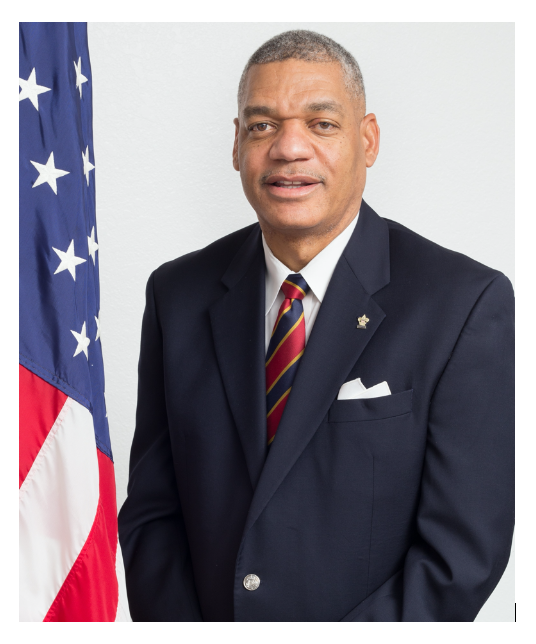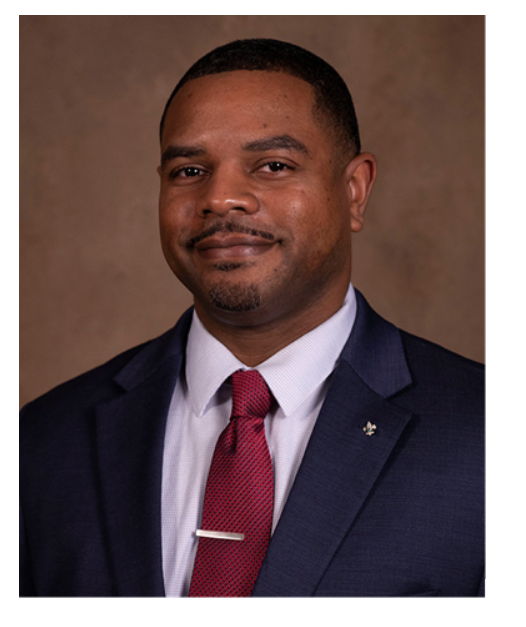
BSA Leaders Reflect on What Black History Month Means in Scouting
As February begins, so does Black History Month, and, to celebrate, four members of the African American community, who also happen to be members of the Scouting community, share their thoughts about how the legacy of Scouting and African American heritage go hand-in-hand and what this special month means in the Scouting movement.
Wes Coleman, National Executive Board Member

Black History Month is a special time to acknowledge and celebrate the many accomplishments that African Americans have made in the United States to enhance the lives of all races. Unfortunately, too much of this history has not been highlighted in our schools and taught to our youth. This is why efforts were started in 1926 to better educate the general population on African American achievements. The Black History Month theme for 2020 is “African Americans and the Vote,” which explores the struggle to ensure African Americans are able to fully participate in American democracy.
And because Scouting warmly welcomes young people, regardless of race or ethnicity, being an active participant in Scouting can break down barriers and allow our youth of all races to work together on projects and activities. This will have the result of our young people realizing there are no inherent differences in people. Working within a troop gives everyone the opportunity to see the best that we all have to offer. Scouting gives an opportunity for all young people to fully participate in activities that instill in them values that will impact them for the rest of their lives.
John L. Coleman, Jr., Scout Executive of Long Peak Council, Greeley, CO

As we celebrate Black History Month, I would like to honor the life of Dr. Martin L. King, Jr., whose message and vision continues to resonate today. One of my favorite quotes from Dr. King is “Everyone can be great, because everyone can serve. This country will not be a good place for any of us to live in unless we make it a good place for all of us to live in.”
One of the pillars of Scouting is community service, and I would challenge all of our Scouts and leaders to go out and continue to make a difference to better your community. My vision for Scouting is that we can address hunger by continuing to grow our “Scouting for Food” drives and help put an end to homelessness by partnering with community-based organizations to reduce homelessness in our community.
I would like to see all youth have the opportunity to participate in Scouting, regardless of their race, creed, religion, sexual-orientation, gender, and economic status. Let’s make a commitment to Dr. King’s dream and go out and make a difference in our community.
Quentina Jordan, Project Assistant, Culture & People, National Service Center

To me, Black History Month is a month to acknowledge the pain and sacrifices our ancestors endured, but it is also a symbol to reflect and celebrate how far we have come as a nation. One of my favorite quotes, written by Shaili Jha, is “We are our ancestors’ wildest dreams.” Although we still have a long journey ahead, I am optimistic that my children will be able to live life with no discrimination, prejudices, and biases against them based on the color of their skin and will share the same opportunities as anyone else based on their contributions to our society.
I am proud to be a BSA employee and member of the Diversity & Inclusion Department where I feel I can truly make an impact. I am proud of the direction that our organization is going to break through barriers and be more inclusive to all, despite gender, race, ethnicity, or religion amongst others. I hope that other organizations, companies, political parties, and people in general take a minute to try to gain an understanding of each other’s cultural differences and embrace them.
I love that during February “Black History Month,” we as a nation get to acknowledge the achievements of African Americans. However, I think that we should continue instilling the values of the Scout Oath and Law to prepare young people to make ethical and moral choices and recognize individuals daily who break down glass ceilings and provide hope for the future.
Lawrence “Ty” Washington, Jr., Central Region Growth Coach

Black History Month is the time of the year we get to highlight the amazing leaders and achievements of African Americans in our nation’s history. Unfortunately, it is the only time we as nation look at their great achievements and accomplishments together. American History should be recorded as it happened, and we shouldn’t need a special month or additional classes to learn about African Americans’ contributions to do it.
My vision for the Boy Scouts of America is that we recruit ALL children to become Scouts. And that all these Scouts have the same programs and the same opportunities. We need to diversify our base and understand that all groups of people can have a great Scouting program. While there are multiple ways to deliver Scouting, we know the traditional Scouting program works best for everyone when we have trained leaders and a planned annual program, and that’s the type of Scouting structure we should be pursuing first. We also know that getting kids to camp helps keep them in the program for years to come. We are training America’s future leaders; we must make sure there are no short cuts.
Scouting Wire would like to thank these Scouters for contributing their stories and for sharing their thoughts on what African American Heritage Month means in the Scouting Movement.



